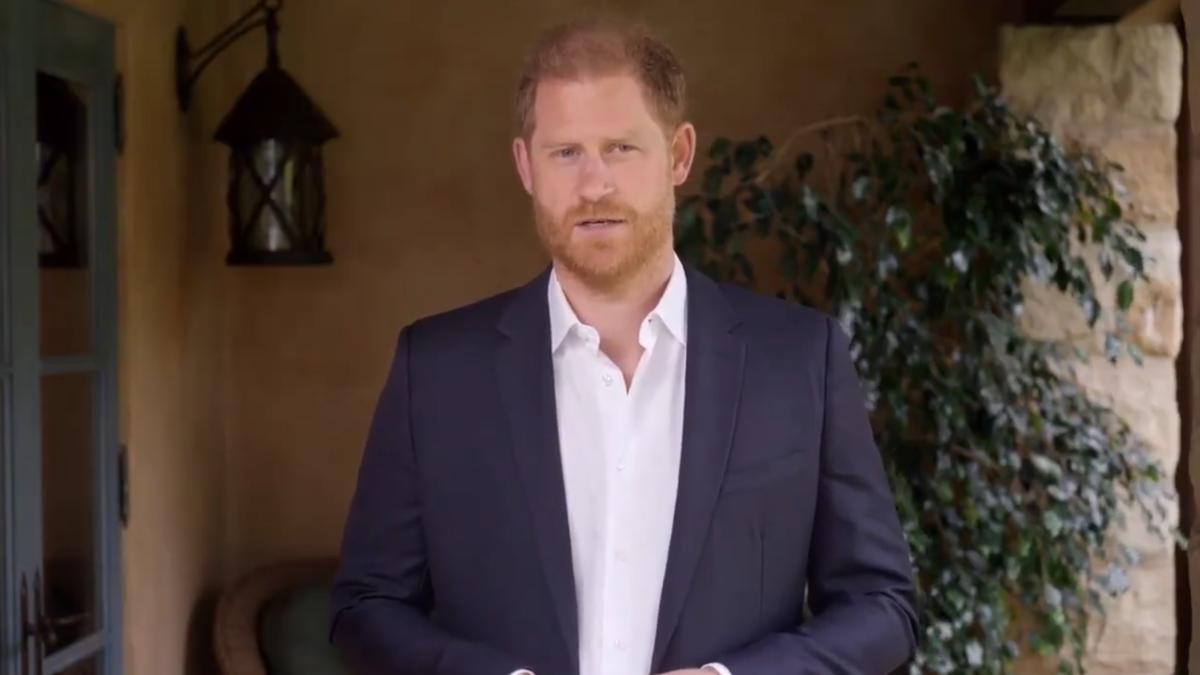Hotel CEOs Discuss Recent Cancellation Policy Changes and Hint at More to Come

Skift Take
Marriott and then Hilton made a lot of news in the past two months when they both announced changes to their cancellation policies, shortening the amount of time to cancel a reservation to 48 hours prior to check in, instead of the industry standard of just 24 hours.
Marriott was first, announcing on June 15 a new policy that impacts its hotels in the Americas across all brands with the exception of Design Hotels and Marriott Vacations Worldwide. Hilton followed suit on July 31 with a new policy impacting its hotels in the U.S. and Canada, implementing 48-hour and, in some cases, 72-hour cancellation policies for its hotels.
Initial reaction expressed major concern, especially among the corporate travel community, but some said the new policies won't hurt corporate travelers or their companies as much as originally thought.
Soon after Marriott and Hilton announced their changes, InterContinental Hotels Group (IHG) announced its new 24-hour cancellation policy.
Here's what a few hotel CEOs had to say about those cancellation policies during their companies' recent second quarter earnings calls.
Marriott: It's Been Encouraging
"What we've heard back has been encouraging," said Marriott CEO Arne Sorenson. "And we're not surprised by that. We did some beta testing in some markets before rolling it out as a brand standard, to see how customers responded to it. Nobody likes incremental restrictions on the flexibility of reservations, but I think most customers understand that we've got a need to manage our inventory and avoid walking people and doing those sorts of things. And as a consequence, the response has been just fine and we think really no impact on the business."
Hilton: Expect More
Hilton CEO Christopher Nassetta hinted that Hilton may pilot more types of flexible rates and different cancellation policies going forward.
"We announced [the new policy] to our owners a month ago," he said. "And in select markets, 10 or 20 markets around the country, we'll go to 72 hours where we think it's appropriate. The reasons I think are obvious for why we're doing that. Not just because of new technologies, but just because customers, many of them, ultimately have been trained to do multiple bookings and do things that have created a scenario where cancellations have, in some markets, skyrocketed. They've got, they've gone way up."
He added, "It makes it very hard for us to manage inventory, particularly close-in inventory in a way that makes sense. And the net result of that is it costs everybody, because if we can't manage inventory, there is ultimately a cost to that, that at some point gets borne by the consumer. And so, the idea is we got to be able to understand what people want to do a little bit earlier, a little bit closer in. We have – we can't have it be within 24 hours, just because we can't manage that last-minute inventory. It's just not – it's very difficult to do. And so that's why we're doing it. We've had generally talked to a lot of our corporate customers and otherwise, and I think, people understand it. The reception has been perfectly fine."
And he hinted at more "testing." "We are, to your comment, testing some other things," Nassetta said. "I'm not going to get into it in detail because we're deep in the middle of it. But hopefully sometime in the second half of the year we will layer some incremental opportunities on top of that, that would really start to bifurcate. Then really thinking about from the 48-hour, 72-hour mark out to seven days, creating fully flexible pricing structures and semi-flexible pricing structures that would require potentially even cancel seven days, within seven days. Again, with the effort being to be able to manage inventory more intelligently, what we find as we're testing it is the large majority of our customers actually do know within those time frames whether they need to cancel or not. It's just they haven't had to do anything about it. So, they haven't. But if you can create the right incentive system where you give them an incentive to let you know earlier, it's good for them because they ultimately probably can get a little bit better deal. It's much better for us because we can manage that close-in inventory more intelligently to make sure that we both price it right, but more importantly, we fill as much as we can and don't leave rooms unoccupied."
Hyatt: Our Hotels Can Decide What's Best for Them
Hyatt CEO Mark Hoplamazian stressed that Hyatt wants to leave the "decision making" on cancellation policies up to its hotels.
"First and foremost, I just want to make it clear that, we as a company have an operating philosophy, where decision-making is delegated in large measure to our hotel teams," Hoplamazian said. "We do that, because, we think it allows us to be more nimble, more responsive real-time and appropriately localized to the local market requirements and so forth."
He also noted, "about 40 percent of our total full service hotels in the Americas have already moved their cancellation policies to be at 48 hours or more. There is a significant portion of those hotels, over 60 of them, that have cancellation policies in excess of 48 hours."
He also added. "With respect to whether we look to – look to establishing a change in corporate policy, it's something that we will evaluate over time, but please note that we've been already active in the marketplace."




